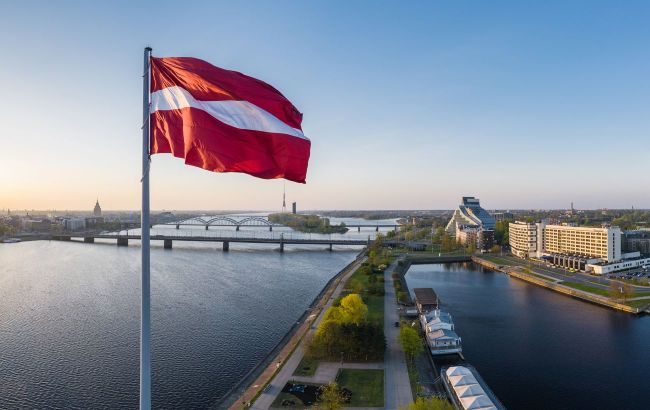New military exercises with NATO allies to begin in Latvia in September
 Latvian flag (Getty Images)
Latvian flag (Getty Images)
Starting September 3, Latvia will launch large-scale national military exercises called Namejs 2024, which will continue until October 8. These exercises will also involve NATO allied forces, citing Delfi.
The exercises are organized by Latvia's National Armed Forces and will involve around 11,000 Latvian soldiers and reservists, along with military personnel from NATO allied forces, including the US, Estonia, Lithuania, and Canada.
The goal of the exercises is to enhance readiness in the event of a threat to the state. During the drills, the military will practice cooperation with various public and private institutions that play a key role in strengthening Latvia's defense capabilities during emergencies. Particular attention will be given to interaction with the Civil Defense Operations Management Center, the state chancellery, and other ministries.
With the support of NATO headquarters and other international partners, Namejs 2024 will also include mobilization checks and measures to reinforce the state border, including the construction of fortifications.
The Namejs military exercises have been held throughout Latvia since 2014 and are an integral part of ensuring the combat readiness of the country's armed forces. This year, the exercises will feature active military equipment movement and low-altitude flights of military aircraft. Additionally, the military will conduct live-fire training at shooting ranges.
For more on NATO's battle strategy planning and the inclusion of Ukrainian military experience in this process, read the RBC-Ukraine article.
As a reminder, earlier reports from Lithuania said that Russia had withdrawn its troops from the Kaliningrad region following the start of Ukrainian Armed Forces operations in the Kursk direction.

